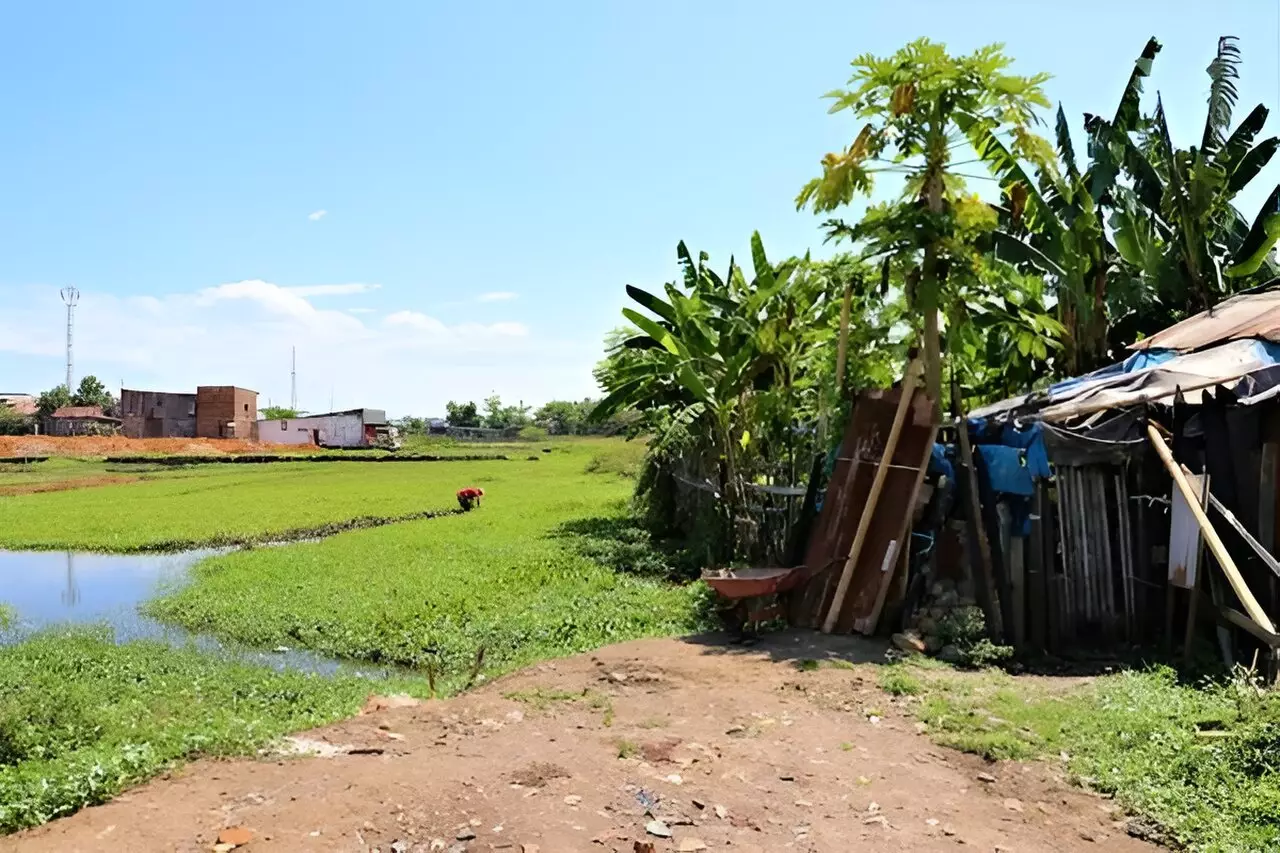In recent years, the world has experienced unprecedented temperatures, with 2023 being recorded as the hottest year on record. As climate change continues to intensify, the combination of heat and humidity poses a significant threat to our lives and livelihoods. However, our understanding of the local impacts of this threat is often underestimated, particularly in informal settlements across the tropics where weather station coverage is limited.
Informal settlements, commonly known as “slums,” are at the forefront of climate exposure in tropical Asia and Africa. These settlements, driven by rapid urbanization and a lack of planned development, house more than 1 billion people, with this number expected to grow to 3 billion in the next 30 years. The residents of these settlements, most of whom are on low incomes, lack access to essential infrastructure and services, making them particularly vulnerable to heat stress. Moreover, their informal status often means that there is a lack of data about the threats they face.
Gaps in Climate Monitoring
One of the major challenges in assessing the impact of heat stress in informal settlements is the lack of accurate climate monitoring. Most of the world’s population lives more than 25km away from a weather station, creating a significant gap in data for urban areas. Weather stations typically fail to capture the full range of temperature and humidity in cities, exacerbating the urban heat island effect. This gap in monitoring is particularly pronounced in the tropics, where most informal settlements are located.
To shed light on the local-scale impacts of heat stress, researchers have compiled data from informal settlements in seven tropical countries. By comparing this data to measurements from the nearest weather station, they discovered a severe underestimation of heat stress in these communities. This underestimation has major implications for global climate assessments and projections, as it perpetuates the neglect of the most vulnerable communities.
The Health Risks in Informal Settlements
Heat stress in informal settlements poses unique health risks. While traditional advice during heatwaves emphasizes staying indoors and consuming plenty of water, for residents of informal settlements, this advice may increase their health risks. The poor ventilation and insulation in informal housing can make indoor conditions even more unbearable. Additionally, access to safe drinking water may be limited, further exacerbating the health consequences of heat stress. What’s more, these settlements often lack access to early-warning systems, leaving residents unaware of their vulnerability.
The current state of climate monitoring efforts has left millions of vulnerable people at risk of heat stress. Addressing this issue requires urgent support for meteorological institutes in developing countries to enhance climate monitoring and early-warning systems. The recently appointed head of the World Meteorological Organization has pledged to prioritize this support. It is essential that governments, development banks, NGOs, and other agencies grasp this opportunity to include informal settlements in new monitoring networks. Additionally, it is crucial to address the inequalities in resources and adaptive capacities between different communities. Initiatives such as urban greening and improved housing show promise in reducing urban heat and should be prioritized in adaptation efforts.
Prioritizing Adaptation over Displacement
As climate-related migration becomes a reality due to rising sea levels and extreme heat, it is essential to find solutions that enable communities to adapt to these changes rather than compel them to uproot their lives. The priority should be on developing strategies that assist informal settlements in adapting to climate change effectively.
Heat stress in informal settlements remains an overlooked and underestimated issue. The combination of limited climate monitoring, inadequate access to resources, and the informal nature of these settlements has left millions of people at risk. Urgent action is required to enhance climate monitoring, improve early-warning systems, and invest in community-based initiatives that address the unique challenges faced by these vulnerable communities. By prioritizing adaptation over displacement, we can build a more resilient and inclusive future in the face of climate change.


Leave a Reply